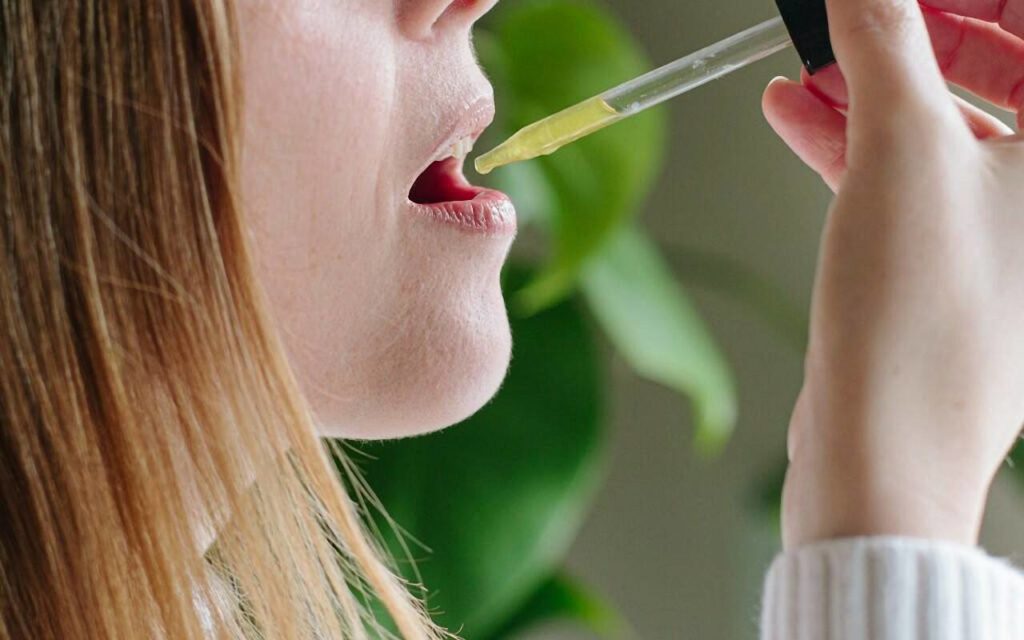For those of you who are new to medical cannabis, dosing can be a little confusing. This post is designed to break down delta 8 THC and provide you with information on how much THC is in each dose and what it can do for your specific condition.
Delta 8 THC is a non-psychotropic cannabinoid, meaning it does not produce the ‘high’ of traditional cannabis. This type of cannabis has been long known to reduce the size and frequency of seizures in patients who have epilepsy.
The first step is to determine your condition and see if delta 8 THC shows potential for your specific medical issue. If so, you will need to work with your healthcare provider to determine how much THC you should be taking per day and what form is best for you (such as an oil or capsule). Delta 8 THC comes in two primary forms: a powder, which can be added to things such as juice, and a capsule taken orally.
If your condition is still in the testing phase, talk with your healthcare provider about the benefits of delta 8 THC and how it can help you. Also, keep in mind that many conditions can be treated with traditional cannabis and delta 8 THC. If your condition is severe and your healthcare provider thinks you may need to increase your dose, it’s best to wait until you’ve found the correct dosage before increasing the amount of regular cannabis.
One of the most important things to remember when looking into using medical cannabis is to ask the right questions about yourself and your healthcare provider. Understand how much THC will help treat your specific condition, how it works and how much THC is appropriate for you.

If you find yourself unsure, feel free to reach out to us, and we’ll be happy to help. Here at UnbeatableSale.com, we’re here to answer all your cannabis questions, so please don’t hesitate to contact us.
delta 8 THC dosing guide is one of the most critical components in reducing the frequency and severity of epileptic seizures. This one-of-a-kind cannabinoid helps relieve those with epilepsy and other conditions without producing feelings of euphoria and intoxication that traditional cannabis can cause.
Delta 8 THC is a non-psychotropic cannabinoid, meaning it does not produce the ‘high’ of traditional cannabis. This type of cannabis has been long known to reduce the size and frequency of seizures in patients who have epilepsy. The first step is to determine your condition and see if delta 8 THC shows potential for your specific medical issue. If so, you will need to work with your healthcare provider to determine how much THC you should be taking per day and what form is best for you (such as an oil or capsule). Delta 8 THC comes in two primary forms: a powder, which can be added to things such as juice, and a capsule taken orally.
If your condition is still in the testing phase, talk with your healthcare provider about the benefits of delta 8 THC and how it can help you. Also, keep in mind that many conditions can be treated with traditional cannabis and delta 8 THC.




